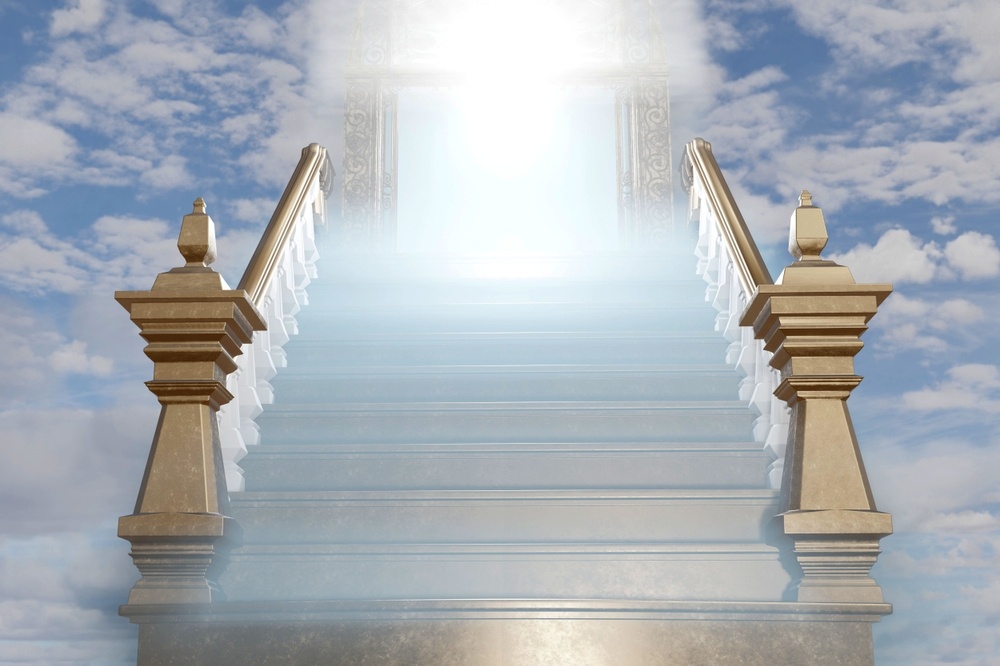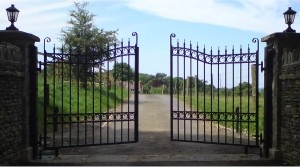
“Even though the gates of prayer are closed, the gates of tears are never closed”. With the destruction of the Temple--“the house of prayer for all the nations”--prayer is no longer enough. Rather, we must cry out to G-d with all our heart.
In the midst of the discussion of the mitzvah of aliya laregel, of celebrating the festivals at the Temple, the Gemara records that when Rav Huna read the verses about this mitzvah, he would break down in tears, crying out, “The slave whom his Master longs to see should become estranged from him!” (Chagigah 4b). The Gemara continues by recounting other verses that aroused tears. While the first two of these verses relate to the lost Temple, the remaining verses do not, focusing on our inability to live up to our potential in a variety of areas.
“Rav Yochanan used to cry when he reached the verse, ‘For G-d shall bring every work into the judgment concerning every hidden thing, whether it be good or whether it be evil’ (Kohelet 12:14, Chagigah 5a). If we are to be judged even for the slightest offence, “what hope can man have?[1]” All too often, we are not even aware that our actions might cause discomfort to others--while it may be hidden from us, it is not hidden from G-d. Sadly, ignorance is no defense of the law. As an example of “hidden things” we may do wrong, the Gemara quotes Rav’s teaching that “this refers to one who kills a louse in the presence of his neighbour, so that he feels disgust”. Yes, lice are a nuisance; but one must really kill it in the presence of our neighbour? Why not privately remove it, and not even kill it? Shmuel adds that “this refers to one who spits in the presence of his neighbour so that he feels disgust”. While these are actions that might cause us to recoil, in Talmudic times such was common behavior. Yet that is no excuse.
Even when we are trying to help people, we are all too often oblivious to the harm we might simultaneously be causing. And that harm may actually outweigh the good. In explaining the meaning of “whether it be good or whether it be evil”, the School of Rav Yannai said, 'This refers to one who gives alms to a poor person publicly'. When Rav Yannai saw someone give charity in public, he told him it would have been better had he not given the charity! The shame and pain of public embarrassment is greater than going hungry for a few hours.
How one does something is often much more important than what one does. Thus the Rambam, in enumerating his eight levels of tzekdakah, rules that how one gives--i.e., with a smile--is more important than the amount one gives. Tzedakah is not only about giving money to the poor; it is about restoring dignity to the those who have fallen on hard times. And as is well known, the highest form of charity--save for providing a job so that one can get off the charity roll--is given anonymously, so that donor and recipient are unaware of their partner.
Yet there are times when money should be exchanged publicly. The school of Rav Shila interpreted the above verse as referring “to one who gives alms to a woman secretly, for he brings her into suspicion”. Even more embarrassing than accepting charity is having one’s moral character called into question.
While we must demonstrate extreme sensitivity to the poor, it is equally important--perhaps even more important--that we be sensitive to our family. Being so close, we often treat those closest to us in a way we would never tolerate if others acted that way towards us. Rava thus offers a third interpretation of the above verse. “This refers to one who sends his wife, on the eve of the Sabbath, meat that has not been koshered”. While purchasing meat for Shabbat is great, to dump extra work on others so you can have tasty meat is turning good to bad.
We must search for the hidden wrongs we have done to others. It may lead us to cry, but those tears reach to the heavens.
[1] While our Sages feared for the punishment of even minor offences, our Sages often stressed that the reward for mitzvoth far outweighed the punishment for sin. But if one wants to develop one’s character, one must focus on the former over the latter.



